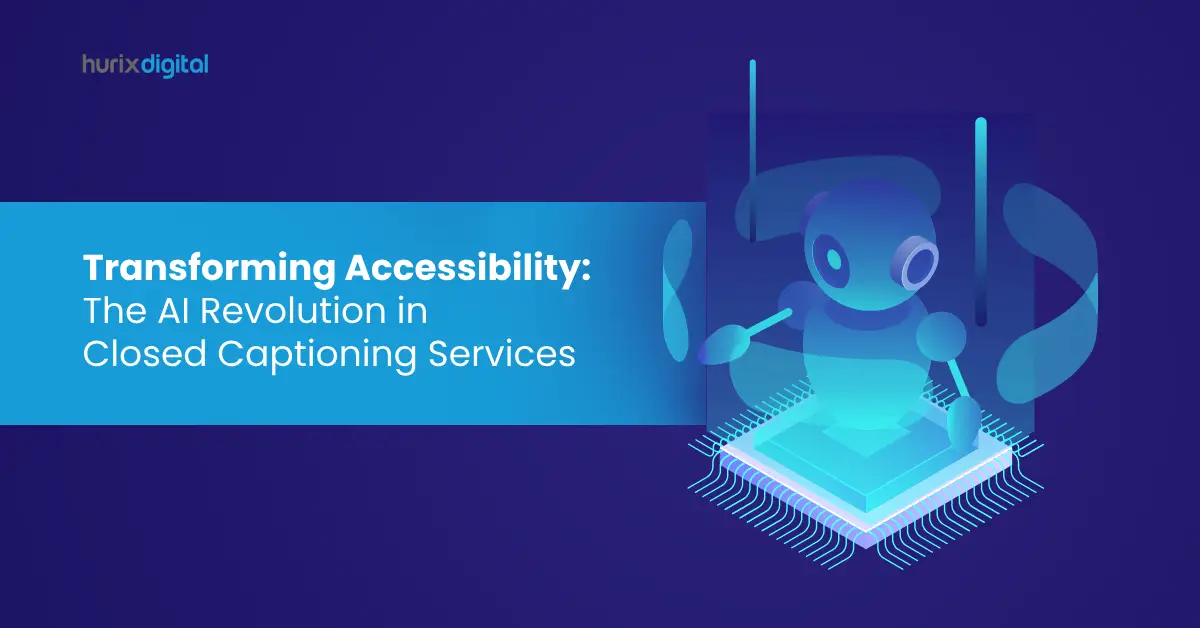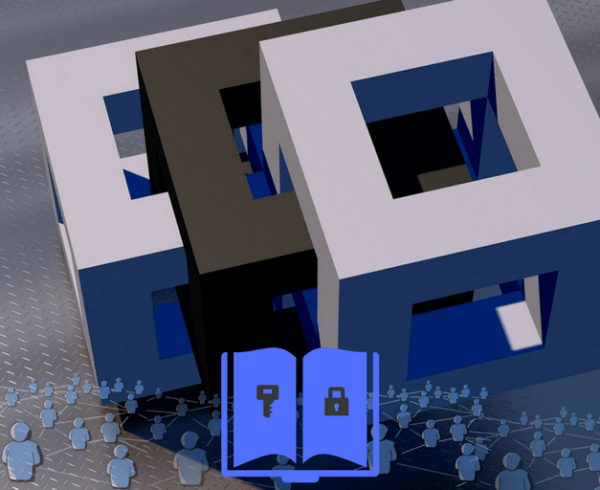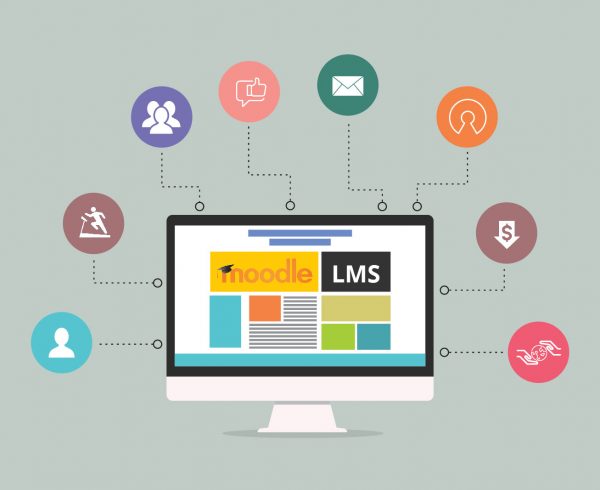Summary
This guide has been written to inform you about the impact of AI on closed captioning services. We have listed down all the benefits of closed captioning and the impact AI has had on it.
“Captions are critical to improving accessibility for users with visual impairments.” You must have heard this sentence a lot over the past couple of years. Captioning technology has witnessed a major revolution in this period, and with the advancements in artificial intelligence, AI-powered live captioning has reached a point of 98% accuracy.
However, while some people may consider the process of adding captions burdensome, the truth is that it is a necessity in today’s day and age. With widespread regulations, industries are required to ensure they provide captioning or subtitles as a part of all their video content to ensure equal access to those with disabilities.
Thankfully, this process no longer needs to be done manually, which can be challenging for video-intensive industries. AI has significantly streamlined the process of captioning video content, and in this guide, we shine a light on how this technology has revolutionized closed captioning services.
Table of Contents:
- What is Closed Captioning? Why Is It Important?
- The AI Transformation in Closed Captioning Services
- The Impact of Closed Captioning With AI on Education
- The Impact of AI Closed Captioning in Other Sectors
- In Conclusion
What is Closed Captioning? Why Is It Important?
Closed captions refer to the textual transcriptions that accompany videos to make them more accessible to individuals with visual impairments.
The key difference between closed and open captions is that the former is recorded on a separate track and can thus be turned on or off. The latter, on the other hand, are burned into a video and are thus always turned on.
As the introduction briefly mentioned, closed captions play a crucial role in ensuring greater web accessibility. According to the CDC, 6 million Americans have vision loss, while a whopping 1 million are blind.
Ensuring access to content for this considerable segment of the population, not just in the United States but also worldwide, is what makes closed captioning important.
Aside from its benefits in terms of improving accessibility, closed captioning can also help individuals comprehend web content better and help with your content’s SEO ratings. This is because search engines can’t index visual content, but they can comprehend text.
Also Read: AI-Enabled Closed Captioning: A Game-Changer for Customer Engagement
The AI Transformation in Closed Captioning Services
The traditional approach to creating accurate and timely captions was entirely manual and, more often than not, time-consuming. The task required audio interpreters or transcribers, typists, and a wealth of resources, which led to higher costs and low efficiency.
This challenge was exacerbated when dealing with live video captioning.
However, with the introduction of AI-enabled closed captioning, speech-to-text technology has witnessed massive leaps in improvement. This technology relies heavily on Natural Language Processing (NLP) and Machine Learning (ML) to interpret and transcribe captions with almost minimal latency.
This technology has only been improving with time, especially since AI models are not backed by improved data and are a lot more receptive to training as a result. The impact that this technology has had across industries is tremendous, especially when you consider education.
The Impact of Closed Captioning With AI on Education
The education sector witnessed a major revolution with the introduction of the Internet in classrooms. “Smart classes,” as they were referred to, took advantage of the Internet to offer students and teachers a wider gamut of resources to help facilitate learning.
Today, AI has had a similar impact, making the learning process a lot more accessible and equitable than it once was. Closed captioning with AI has several benefits at the K-12 level and beyond, some of which include:
- The ability to automatically transcribe lectures: Speech-to-text technology enables students to automatically transcribe lectures, either when delivered online or in person. This takes away the need to manually take notes, which can be challenging for those who might be slow writers or who have some form of liability.
- Translate lectures in real-time: Statistics show that there were 4.96 million ELL students enrolled in public elementary and secondary schools in the US. The ability of this segment of the student population to comprehend English as easily as native speakers is limited, and AI can help translate content using live closed captions.
- Transcription leads to improved accessibility all around: One of the biggest benefits of the use of AI in the classroom is that it makes education more accessible to those with disabilities or impairments. The use of professional closed captioning enables students to access all kinds of learning material with ease.
As you can see, AI-powered closed captioning plays a crucial role in making access to education more equitable the world over. With 7.3 million students having received special education in the US between 2021 and 2022, educational institutes must ensure that they build learning environments that enable greater accessibility.
The Impact of AI Closed Captioning in Other Sectors
Education is just one of many sectors that have benefited from the AI revolution in closed captioning services. Healthcare, for example, has become a lot more accessible to those with visual impairments, and this is crucial because healthcare as a subject in itself can be rather overwhelming.
This makes it crucial that patients have complete access to all the relevant information they need about the healthcare services they receive.
Another industry that has benefited from the use of closed caption translation services is banking and finance. Just like healthcare, finance can be a rather complicated subject for a lot of people to understand. Add to these cognitive or visual disabilities of some kind, and it can be truly difficult for such individuals with these conditions to be able to manage their finances and investments.
One of the major factors in the use of AI-enabled closed captioning across these sectors is that it is mandated under US law in an effort to make information and services more accessible.
Also Read: What is Closed Captioning? Everything You Need to Know About it
In Conclusion
The advent and advancement of AI have led to a paradigm shift across countless industries, and one of the key areas that have benefited from this is that of speech-to-text technology. AI closed captioning has made access to crucial information a whole lot easier, be it in education, healthcare, or any other industry.
Businesses that are bootstrapped or looking to curate video content for their websites must take the use of closed captions into account. In fact, better web accessibility can also help your website rank better, making it all the more crucial that you enlist professional closed captioning services.
Hurix Digital is one of the leading players in the education sector that also provides a whole range of solutions that enable businesses across the world to build a brand for the future.
From design and animation to eCommerce and software development, they can do it all. Find out more about them on Hurix Digital’s website, and reach out for a demo to see how we can help transform your business.











